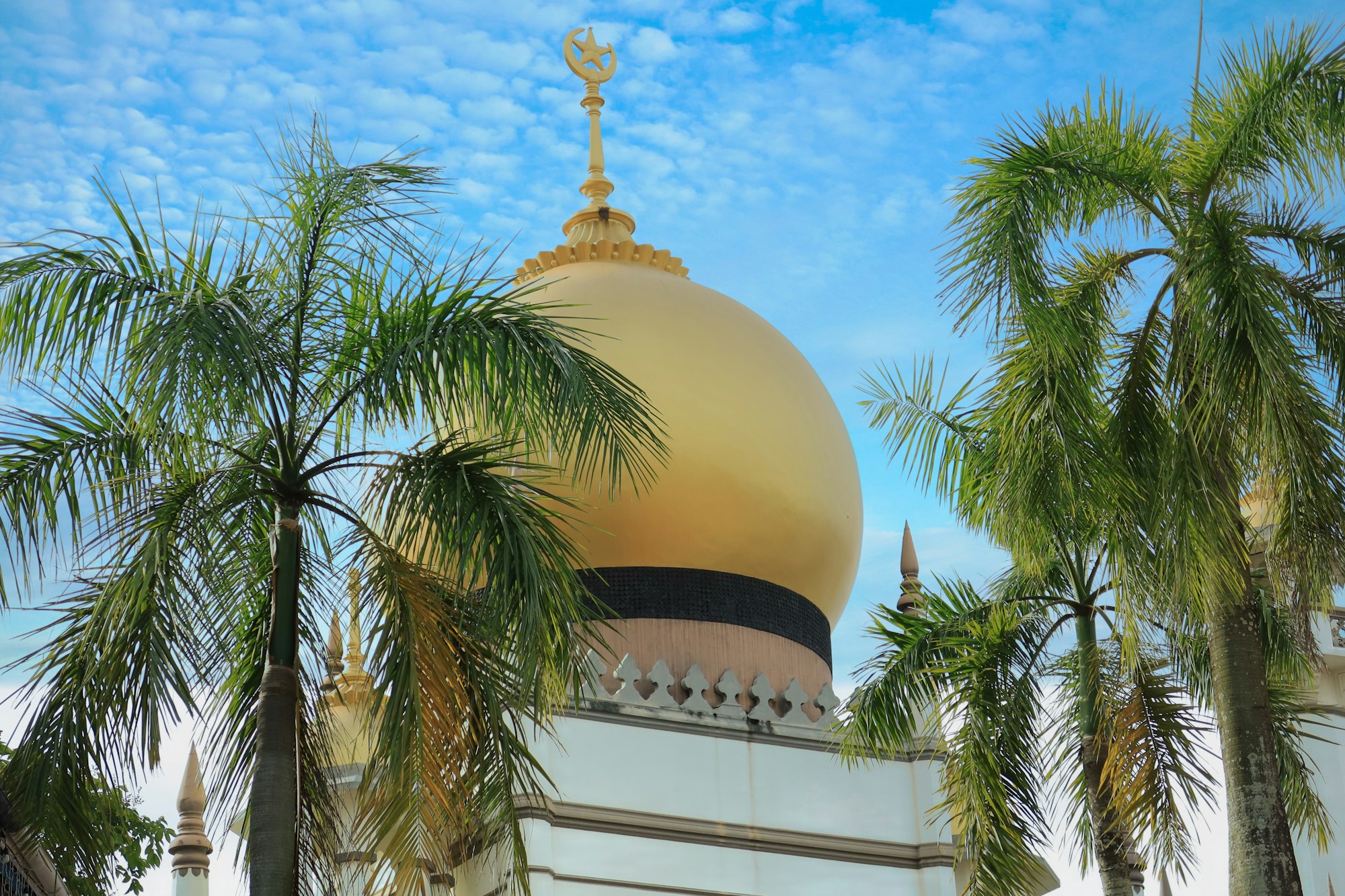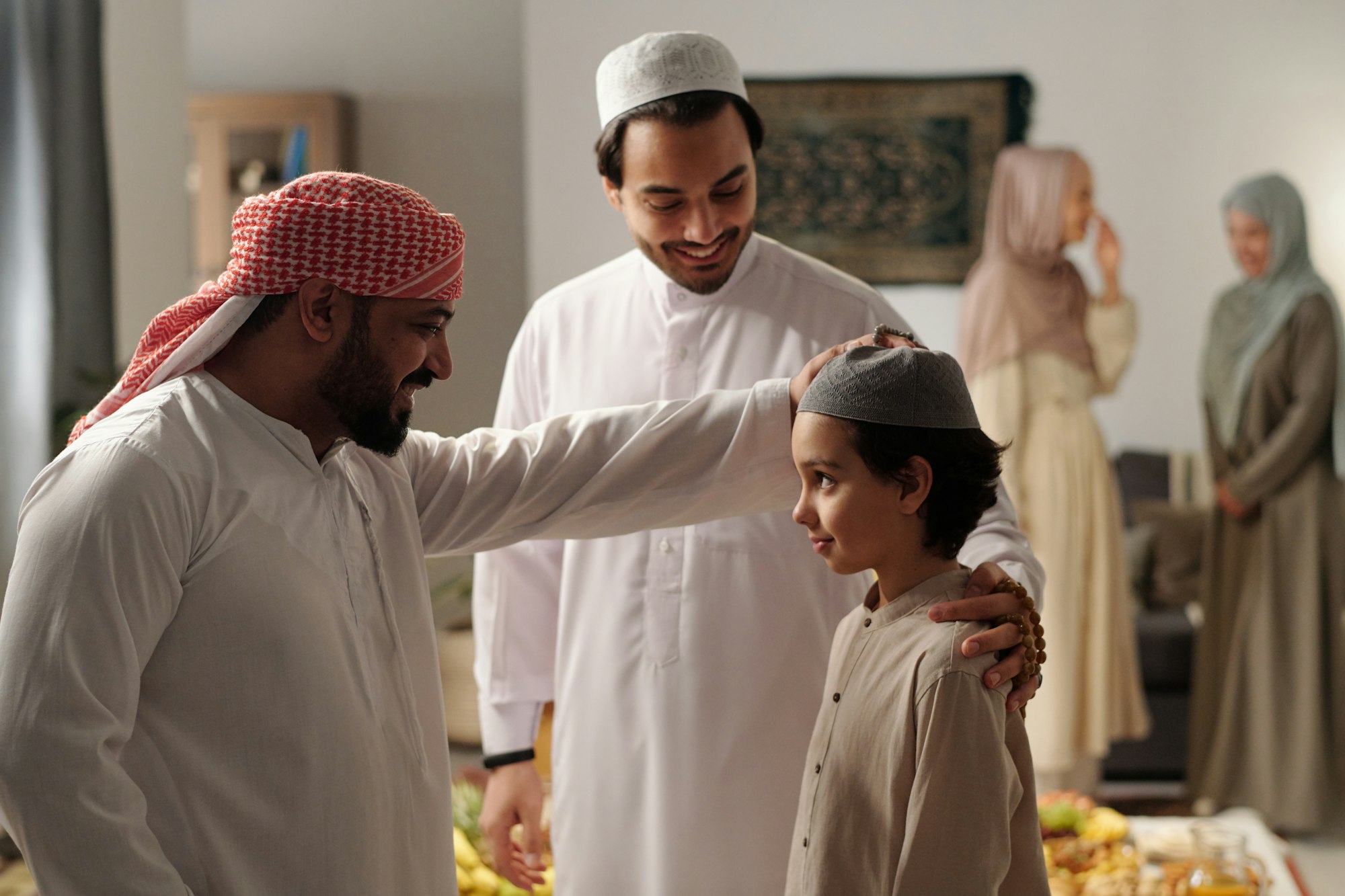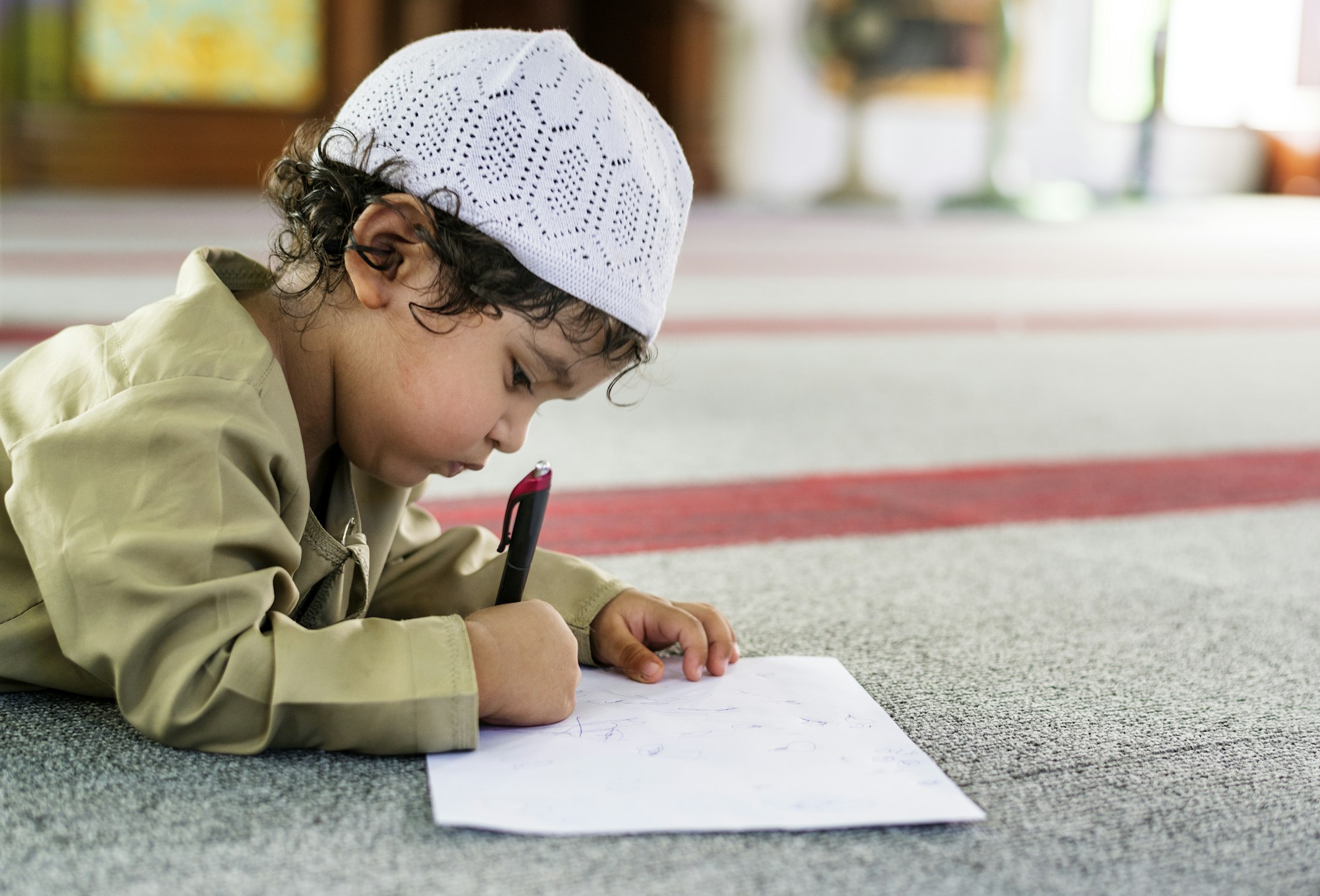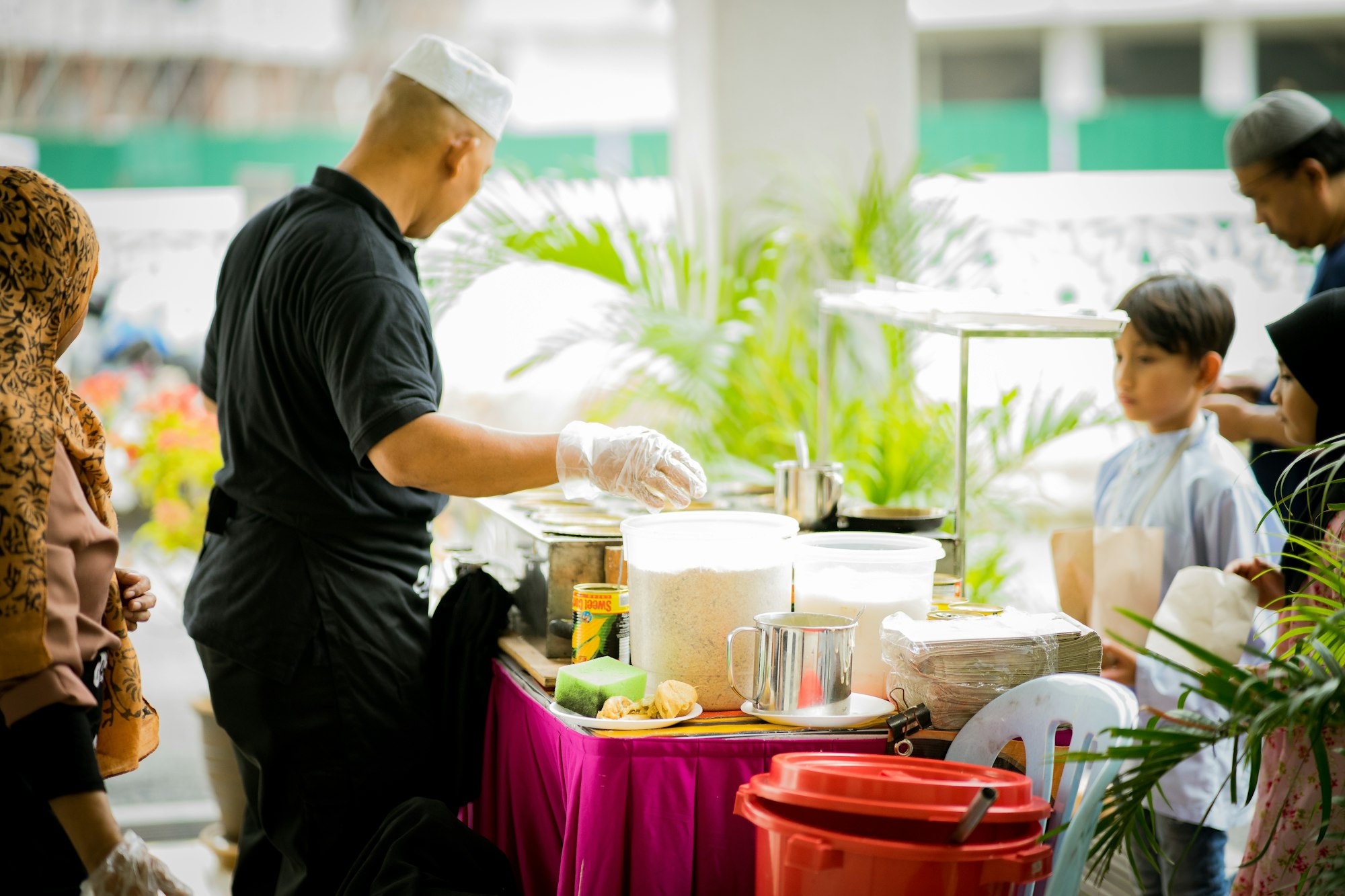
For many Muslims, the masjid (mosque) is a sacred space dedicated to the worship of Allah. It’s where we perform our daily prayers, gather for Jummah, and seek spiritual guidance. However, the role of the masjid extends far beyond just being a place of worship. Traditionally, the masjid was the heart of the Muslim community, functioning as a center for education, social support, and even governance. Today, in Western societies, where Muslims often find themselves as minorities, the masjid can once again play a vital role as a community hub—a place that strengthens the bonds of faith while addressing the social, emotional, and practical needs of the community.
Let’s explore how local mosques can serve as community centers, offering more than just a space for prayer.
One of the most significant roles a mosque can play in Muslim communities is fostering a sense of unity. Muslims come from diverse ethnic, cultural, and linguistic backgrounds, especially in multicultural societies. The masjid can serve as a place where all Muslims, regardless of their differences, come together as one Ummah (community).

Community dinners, iftars during Ramadan, and Eid celebrations are all opportunities for the masjid to promote social bonding. By organizing regular social events, mosques can help break down barriers between different groups, encouraging interaction and fostering a welcoming environment for newcomers, including converts or Muslims who may feel isolated.
In addition, mosques can offer social services such as counseling, support groups, and even legal or financial advice. These services are crucial, especially for those navigating life in non-Muslim majority societies where resources tailored to the Muslim community may be limited.
From the time of Prophet Muhammad (PBUH), masjids have been centers of learning. In the West, mosques can continue this legacy by providing Islamic education to children, youth, and adults. Many mosques already offer Qur’an classes and Islamic studies programs, but there is potential to expand these efforts into broader educational initiatives.
For children and teens, weekend schools and after-school programs can help them maintain their Islamic identity while learning about their faith in a nurturing environment. Youth halaqas (study circles) can be spaces for teenagers and young adults to ask questions, discuss relevant topics, and deepen their understanding of Islam in a way that resonates with their experiences growing up in Western societies.
For adults, mosques can organize lectures, workshops, and classes on various subjects such as Islamic jurisprudence (fiqh), the Seerah (biography of the Prophet), or even contemporary issues like navigating the workplace as a Muslim. Offering these programs not only strengthens religious knowledge but also builds a sense of community learning and collective growth.
In addition to its spiritual and educational roles, the masjid can serve as a hub for professional networking and career development. Many Muslims in the West face challenges when it comes to integrating into the workforce, whether it’s due to discrimination, cultural differences, or balancing their Islamic principles with their professional roles.
Mosques can help address these challenges by offering career workshops, networking events, and mentorship programs. For instance, organizing events where successful Muslim professionals share their experiences and insights can inspire and guide younger members of the community. Similarly, job fairs and skill-building workshops—covering topics like resume writing, interview techniques, or entrepreneurship—can empower community members to succeed in their careers while staying true to their values.
Moreover, these programs can strengthen community ties. When Muslims come together to support one another professionally, they foster a deeper sense of solidarity and shared responsibility for each other’s success.

Ensuring that mosques are inclusive and welcoming for all members of the community, particularly women and youth, is essential. In many places, women may feel that they are sidelined in masjid activities, or that their space in the mosque is inadequate. By creating more inclusive spaces—through dedicated programs, women’s study circles, and family-friendly environments—mosques can encourage greater participation from women.
For youth, the mosque can be a place of refuge from the challenges they may face in the wider world, such as peer pressure or identity struggles. Mosques that offer youth groups, sports activities, or leadership programs give young Muslims a space to connect with their peers in a positive, faith-based environment. This also provides them with opportunities for personal growth, helping them build confidence and a strong sense of identity rooted in Islam.
In Western societies, Muslims are part of a broader, diverse community. Mosques can play a crucial role in building bridges between Muslims and their non-Muslim neighbors. Hosting interfaith events, open houses, and community outreach programs allows for meaningful dialogue and helps break down misconceptions about Islam. These efforts can foster mutual understanding and respect, strengthening relationships between different religious and cultural groups.
Additionally, the mosque can be a platform for civic engagement. Encouraging community members to participate in local elections, social causes, and charitable initiatives reflects the Islamic values of justice, compassion, and service. This involvement not only benefits the wider society but also enhances the visibility of Muslims as active, contributing members of their communities.
The mosque can also serve as a base for humanitarian efforts, both locally and globally. Whether it’s organizing food drives, collecting donations for disaster relief, or offering support to refugees and the homeless, mosques can mobilize the community to serve those in need.
By encouraging regular community service projects, the masjid becomes a place where people don’t just come to pray but also to give back. This reinforces the Islamic values of charity (sadaqah) and helping others, strengthening the bonds between the mosque and the wider society.

In a Western context, where Muslims may feel the pressure of living as a minority, the role of the masjid becomes even more critical. It is not just a space for prayer but a community center that offers social support, educational opportunities, and professional networking. By fostering inclusivity, organizing social and civic engagement, and building bridges with the wider society, the masjid can once again become the heart of the Muslim community—fulfilling its traditional role as more than just a place of worship.
In doing so, the masjid helps ensure that Muslims in the West have the support and resources they need to thrive, both spiritually and socially.